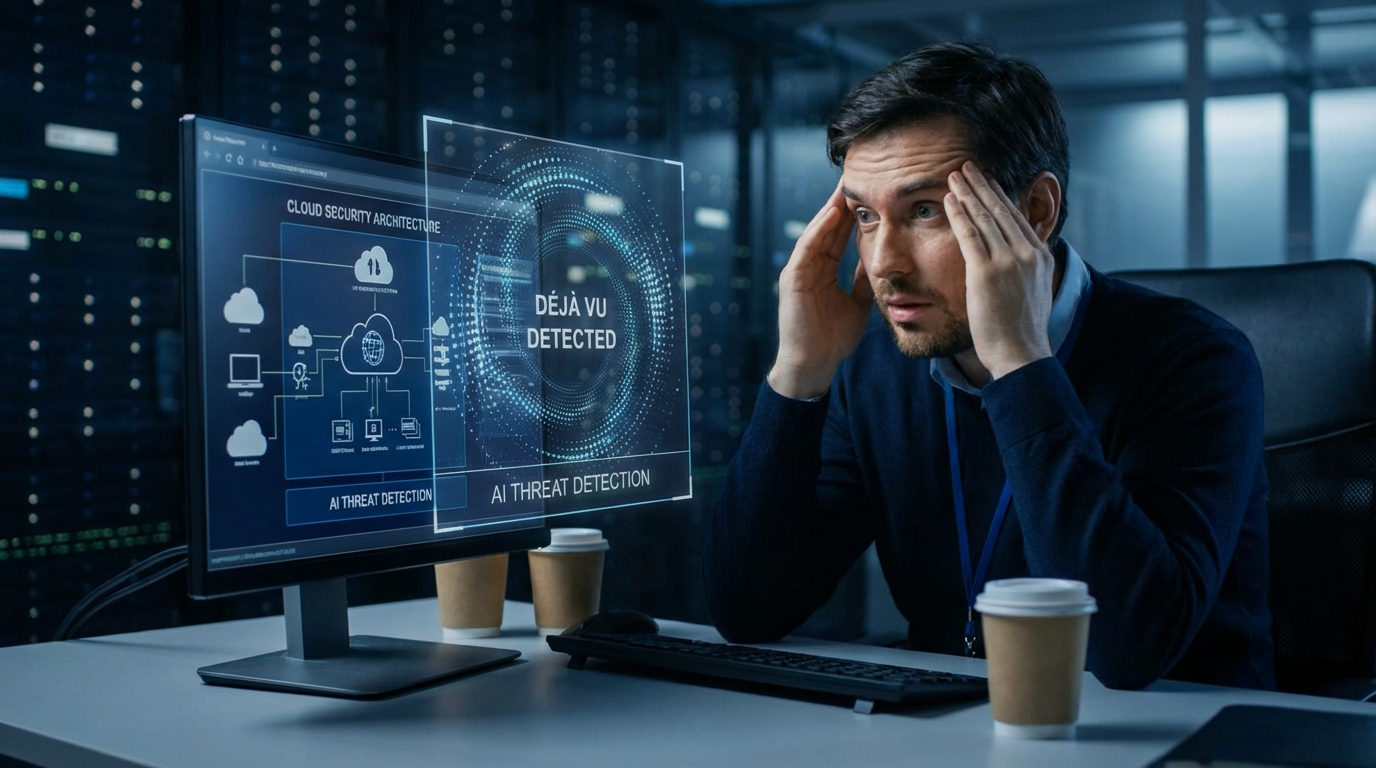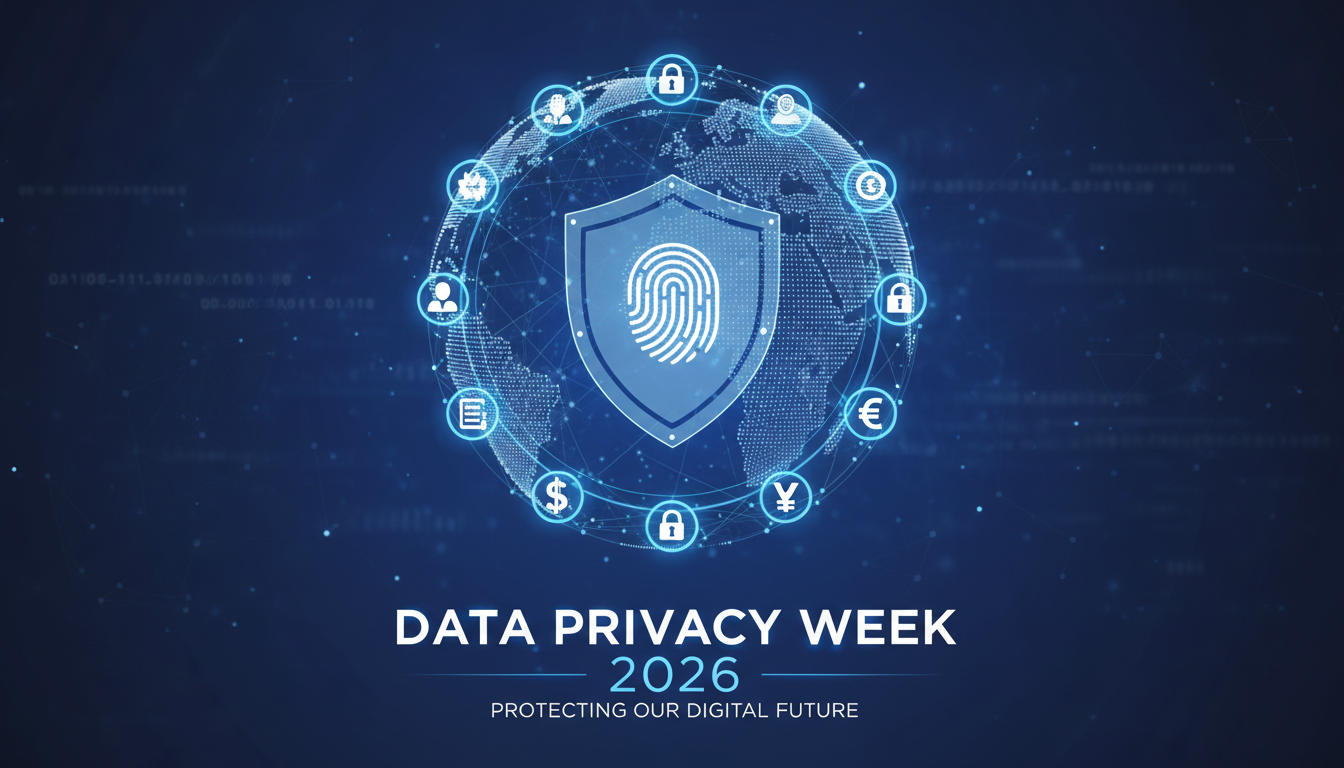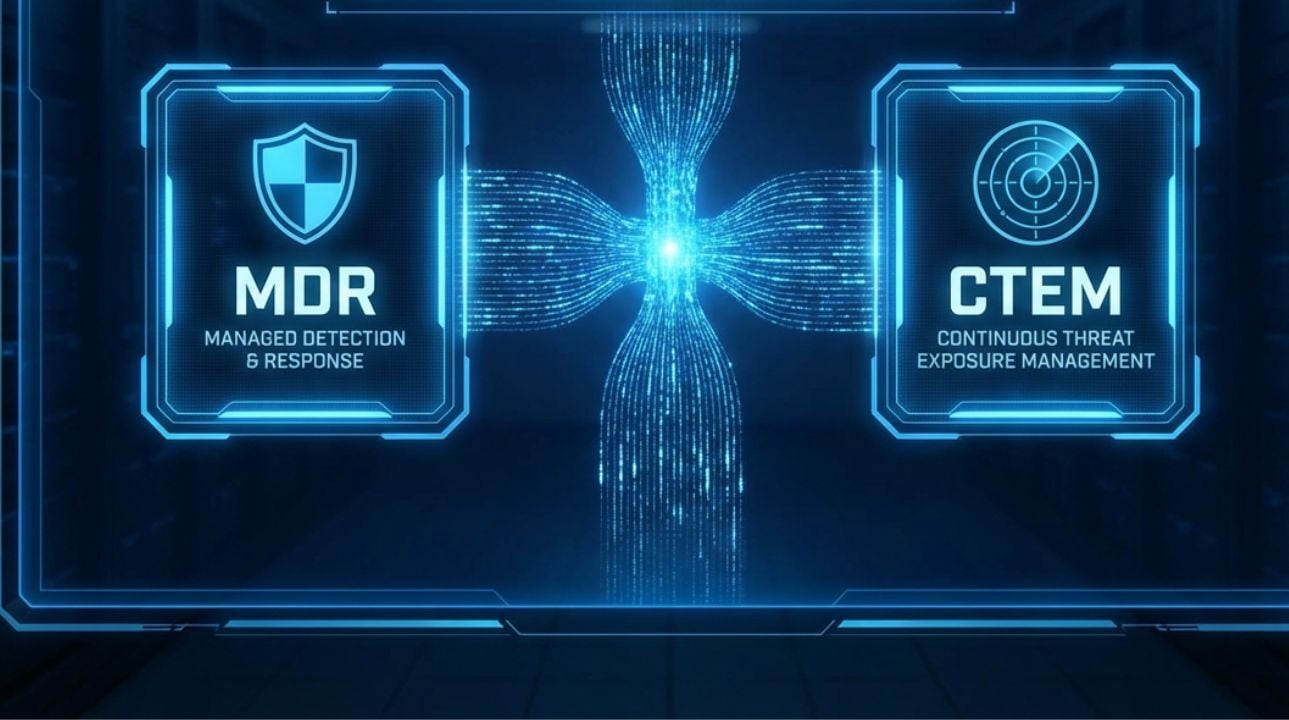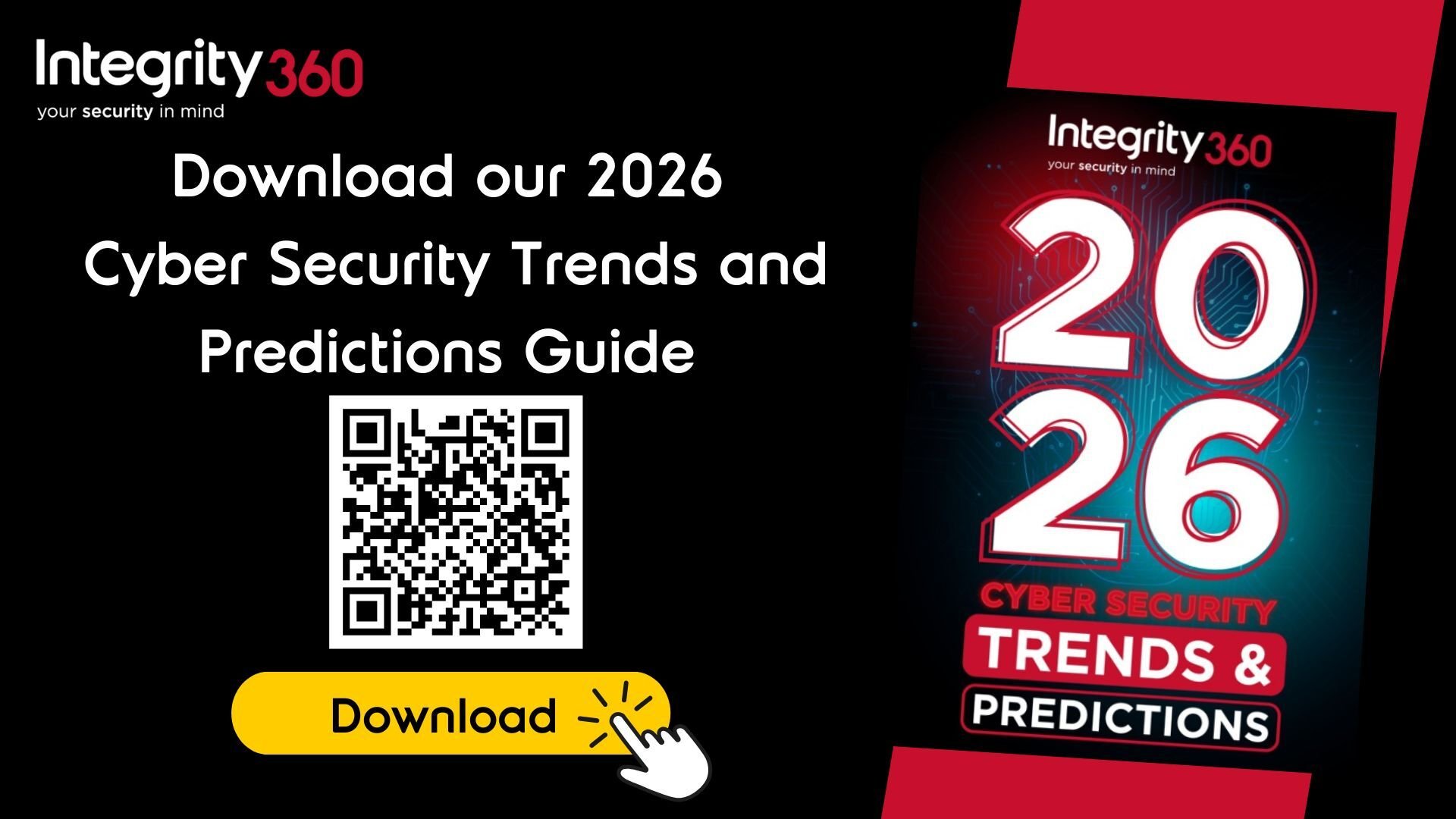A sense of déjà vu: why AI adoption looks a lot like the early days of cloud
The rapid rise of artificial intelligence across business feels new, urgent and at times overwhelming. Yet for many technology and security leaders, there is a strong sense of déjà vu. The conversations happening today about AI adoption closely mirror those that surrounded early cloud adoption more than a decade ago. The same mixture of excitement, scepticism, regulatory anxiety and skills shortages is resurfacing, just with different technology at the centre.
















